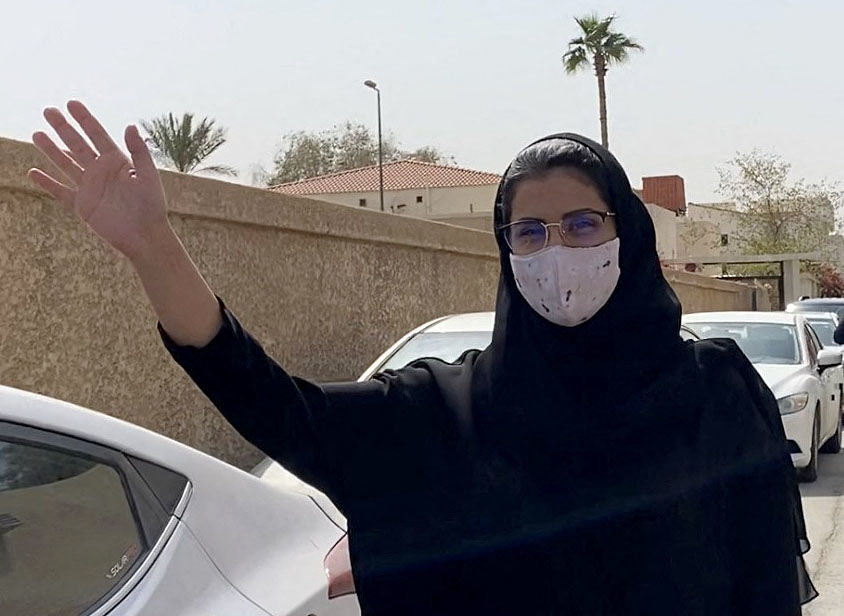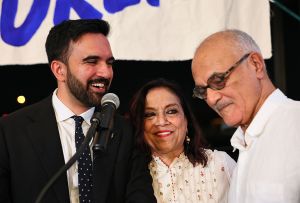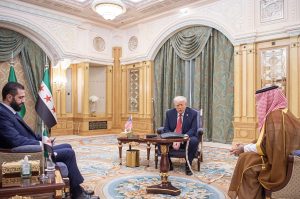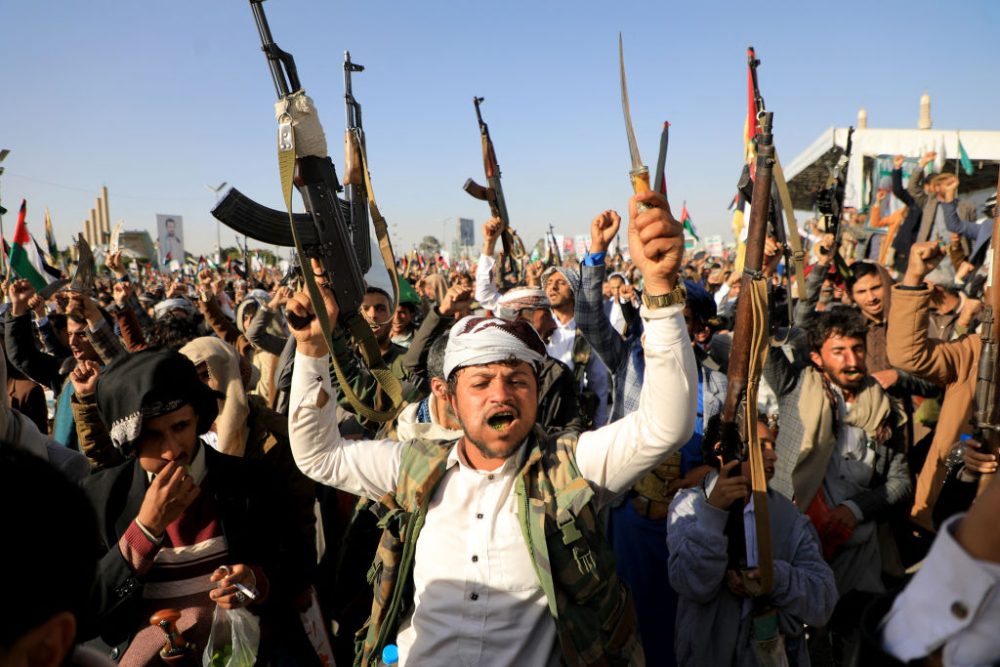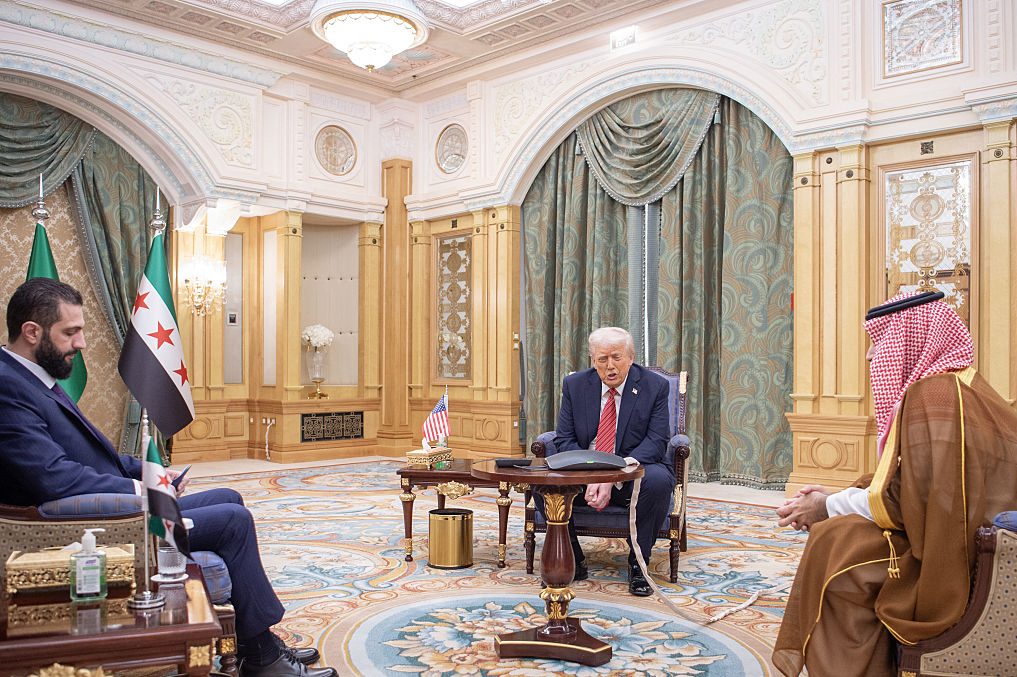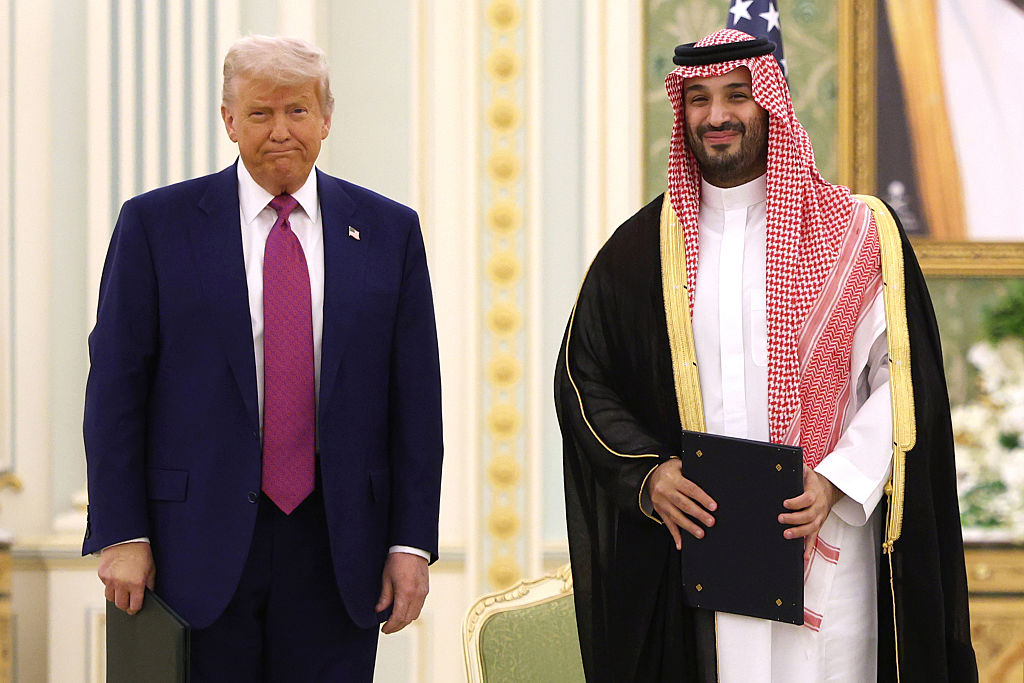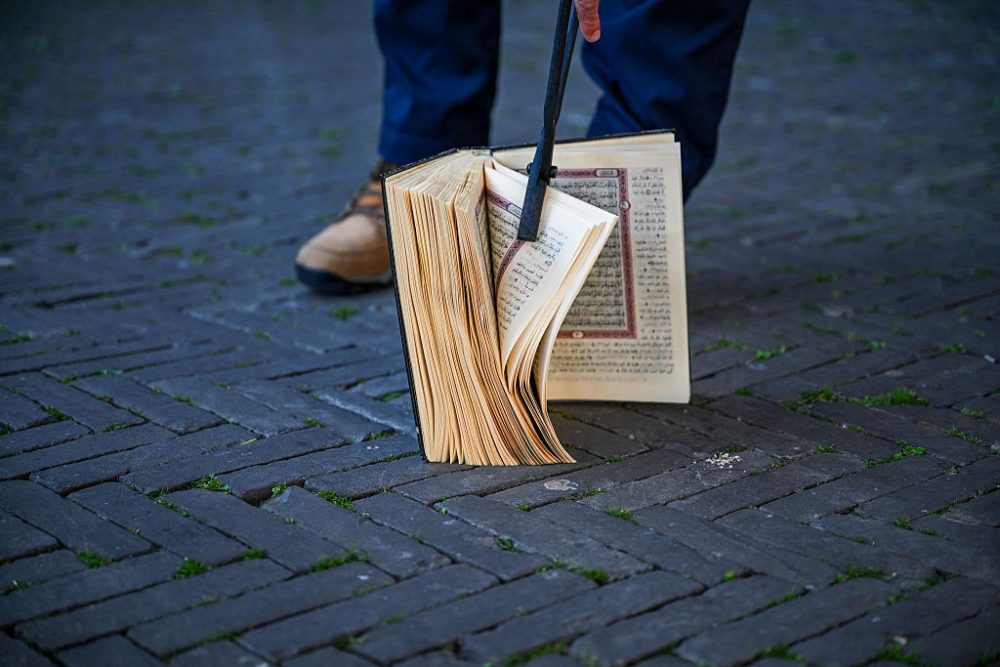A few weeks ago, the Saudi human rights activist Loujain al-Hathloul was summoned to the offices of the General Directorate of Investigation at the Interior Ministry in Riyadh. Ostensibly, the Saudi secret police — the Mabahith — simply wanted to tell her that her appeal against her conviction for ‘treason and terrorism’ had been turned down. But her brother, Walid told me it was really a warning: Keep quiet, we’re watching you; the Americans may have got you out of prison; we can send you back whenever we want.
She has been out of prison since February, serving the rest of her sentence on probation. Though aged 31, her long black hair is now streaked with gray, the outward sign perhaps of what her family say was an attempt to ‘break’ her in prison. The Saudi authorities released her apparently in a panic about President Biden’s plans to ‘reassess’ the US-Saudi relationship. During the presidential campaign, Biden had promised to make the Saudis ‘pay the price’ for the murder of the dissident journalist Jamal Khashoggi. He had also taken an interest in the case of Loujain al Hathloul, according to her family. Her sister, Lina, gave me Loujain’s account of what happened to her.
She was arrested at gunpoint in the middle of the night and taken, blindfold and handcuffed, to a secret jail, which seemed to be in the basement of an old palace. Her guards called it ‘the hotel’ or ‘the officers’ club’. There was an underground room equipped for torture and she would be taken there and met by men wearing masks. There were beatings and endless, shouted obscenities. Sometimes she was waterboarded; at other times she was stripped and given electric shocks. Electrodes were put on her breasts or between her legs. The men would surround her, groping her and forcing her to kiss them.
Loujain later told her family that the ringleader was a man named Saud al-Qahtani. This is the Saudi official accused of leading the operation to kill and dismember Khashoggi. Inside the torture chamber, Loujain said Qahtani laughed and told her. ‘I’m going to kill you. But first I’ll rape you. If I wanted to, I could cut your body into pieces and throw you into the sewage system. No one would know what happened to you.’
She was held at ‘the hotel’ for six weeks. The figures in masks did not seem to be police officers but simply ‘high ranking men’. Qahtani was not a policeman but a former journalist whose official title was supervisor of the center for media affairs at the royal court. It is not clear whether sadistic abuse of female political prisoners was a sensitive job that could be entrusted only to a confident of the crown prince, or if this was just a perk of being MbS’s media adviser. The men didn’t even seem to be trying to get a confession: it was torture for the sake of torture. Loujain told her family: ‘They were enjoying it.’
The Saudi authorities have denied this account. Even so, they ordered an ‘investigation’. Loujain’s family say she was offered her freedom in exchange for recording a video saying she had not been tortured. She refused. This was not the first time she had been in prison in Saudi Arabia. The first was during the protests by Saudi women who wanted to be allowed to drive. She had been studying French literature at university in Canada and after she flew back to Riyadh, in 2013, she drove herself home from the airport. She was jailed for 73 days.
She left Saudi Arabia after that, to study in Abu Dhabi, though she continued to speak and tweet against the Saudi system of male guardianship that underpinned the driving ban. In 2018, she was arrested by the Emirati police and bundled on to a private jet back to Saudi Arabia. It was, effectively, a kidnapping, one of a number of Saudi activists abroad, apparently part of an effort by MbS to neutralize any critics. In Loujain’s case, MbS was about to end the driving ban and probably did not want activists like her getting the credit. She taken to the secret prison and later to the terrorism court created to deal with al-Qaeda. The charge was treason, though what this meant in practice was spelled out in all its absurd detail by the Saudi prosecutor:
‘Contacting international organizations; Meeting ‘employees of embassies’ at her father’s house; Participating in a documentary with British journalists; Mentioning her previous time in prison on a UN job application; Getting funding from abroad to visit human rights organizations and appear on panels about Saudi women; Demanding abolition of the male guardianship system; Spreading false information to damage the reputation of the Kingdom; Inciting and inviting change in the political system of the Kingdom of Saudi Arabia.’
MbS was asked about Loujain two years ago and said that she and other women’s rights activists were spies and ‘tomorrow we’ll show you the videos to prove it’. The videos were never produced. Saudi Arabia’s smooth and plausible minister of state for foreign affairs, Adel al-Jubeir, said Loujain’s detention had ‘nothing to do with advocating for women’s right to drive’ but was instead ‘related to national security’. These statements were accompanied by a poisonous campaign in the Saudi media, photos of Loujain and other activists appearing with the word ‘traitor’ stamped in red.
Her family want an apology for that smear campaign and an independent — that is international — investigation of her torture. They want her to be able to speak publicly once again. Her brother Walid doesn’t hold out much hope of that, or of genuine reform in Saudi Arabia. ‘All we see are things aimed at Western audiences, like allowing women to drive, but these are very, very minor changes. If we’re talking about real political reform, it’s never going to happen: MbS is a one man show and he wants to have control over everything.’
The House of Saud appeared rattled for a time about losing the unconditional support it had enjoyed when President Trump was in the Oval Office. During the campaign, candidate Biden had said he would make the Saudi regime ‘the pariah they are’. Under President Biden, there was a stern rebuke for the Khashoggi murder, but then it was, more or less, back to business as usual. One measure of Biden’s influence over MbS — and of any hopes for reform in the Kingdom — will be whether, this time, Loujain al-Hathloul manages to stay out of jail.
This article was originally published in The Spectator’s January 2021 World edition.



